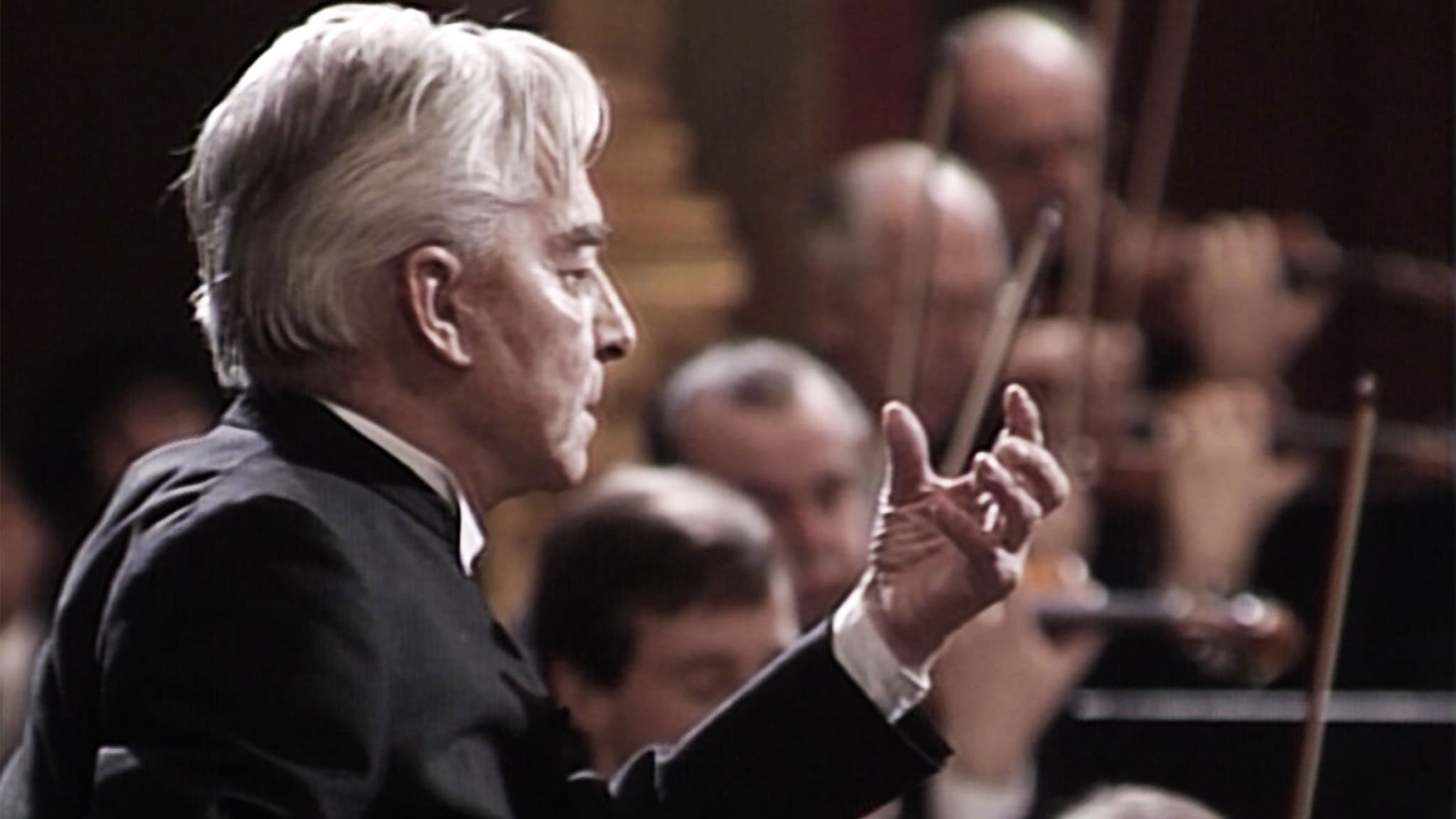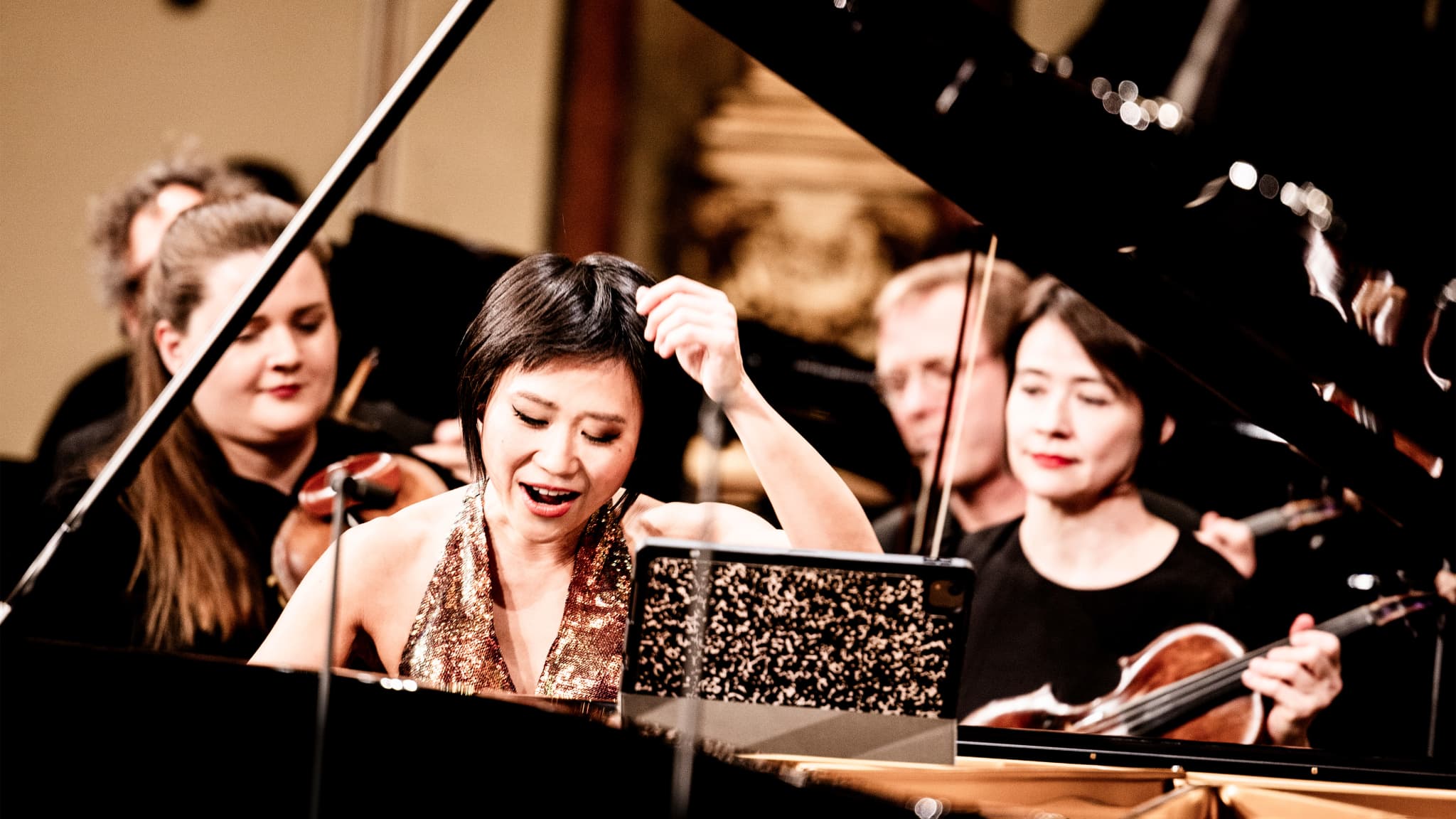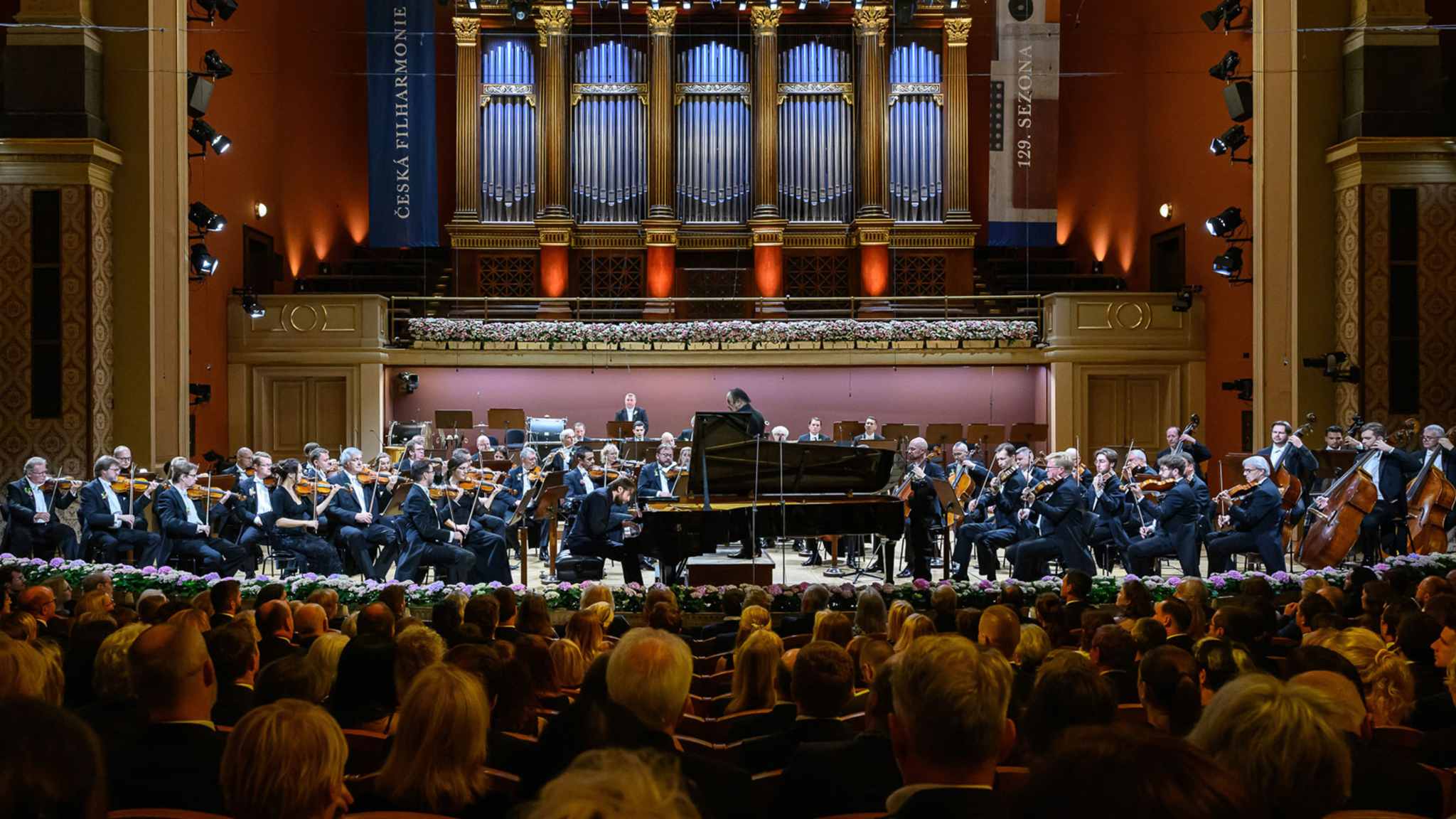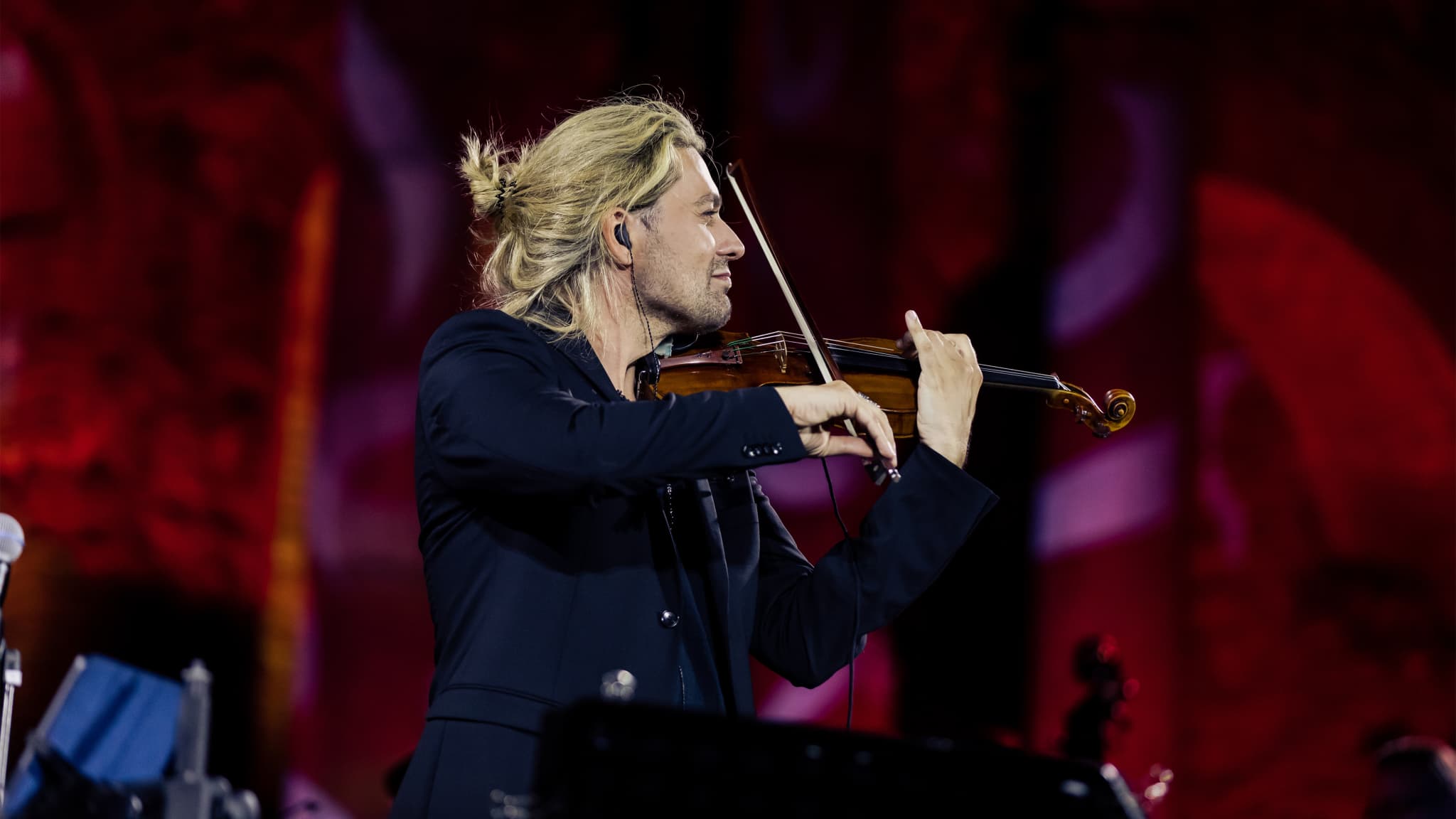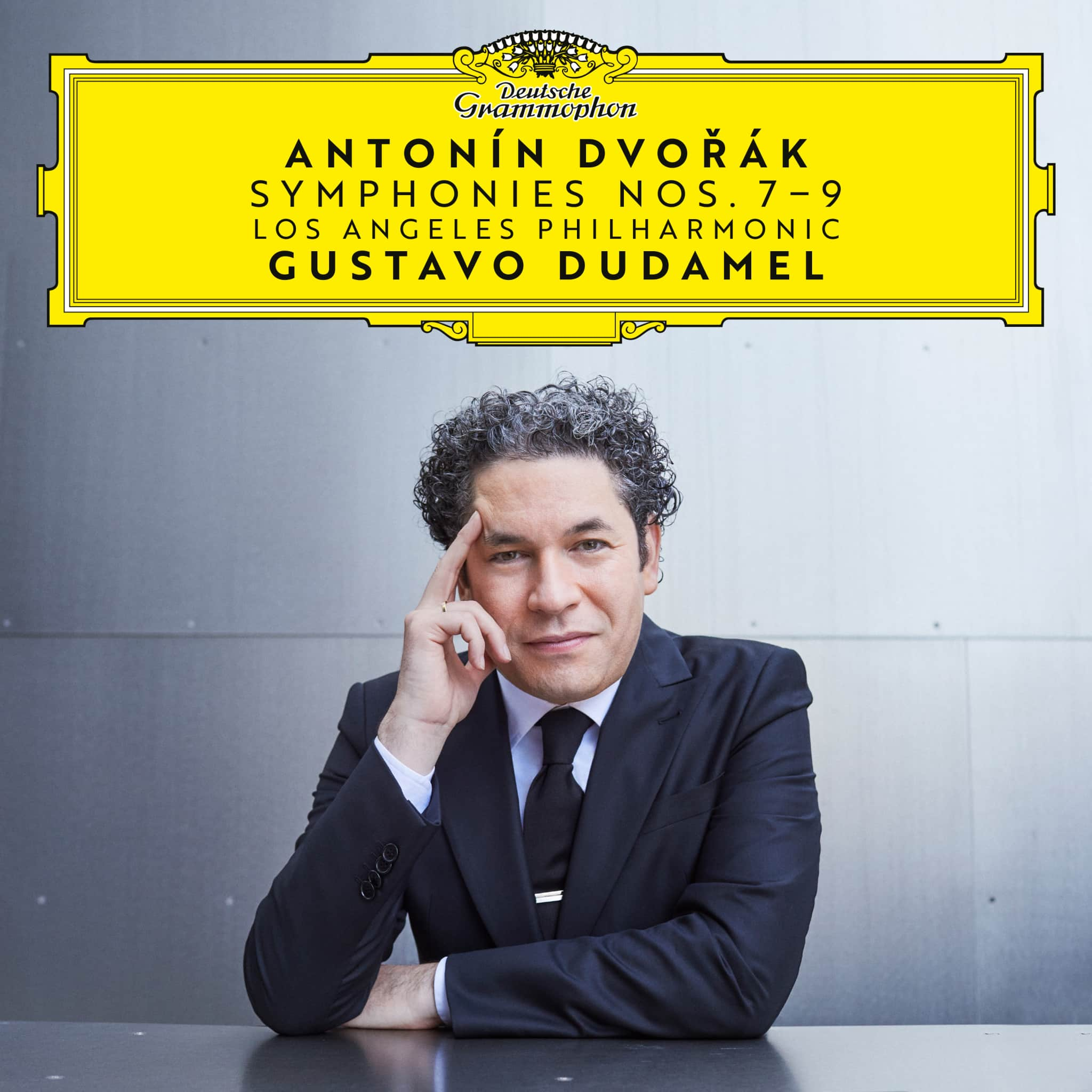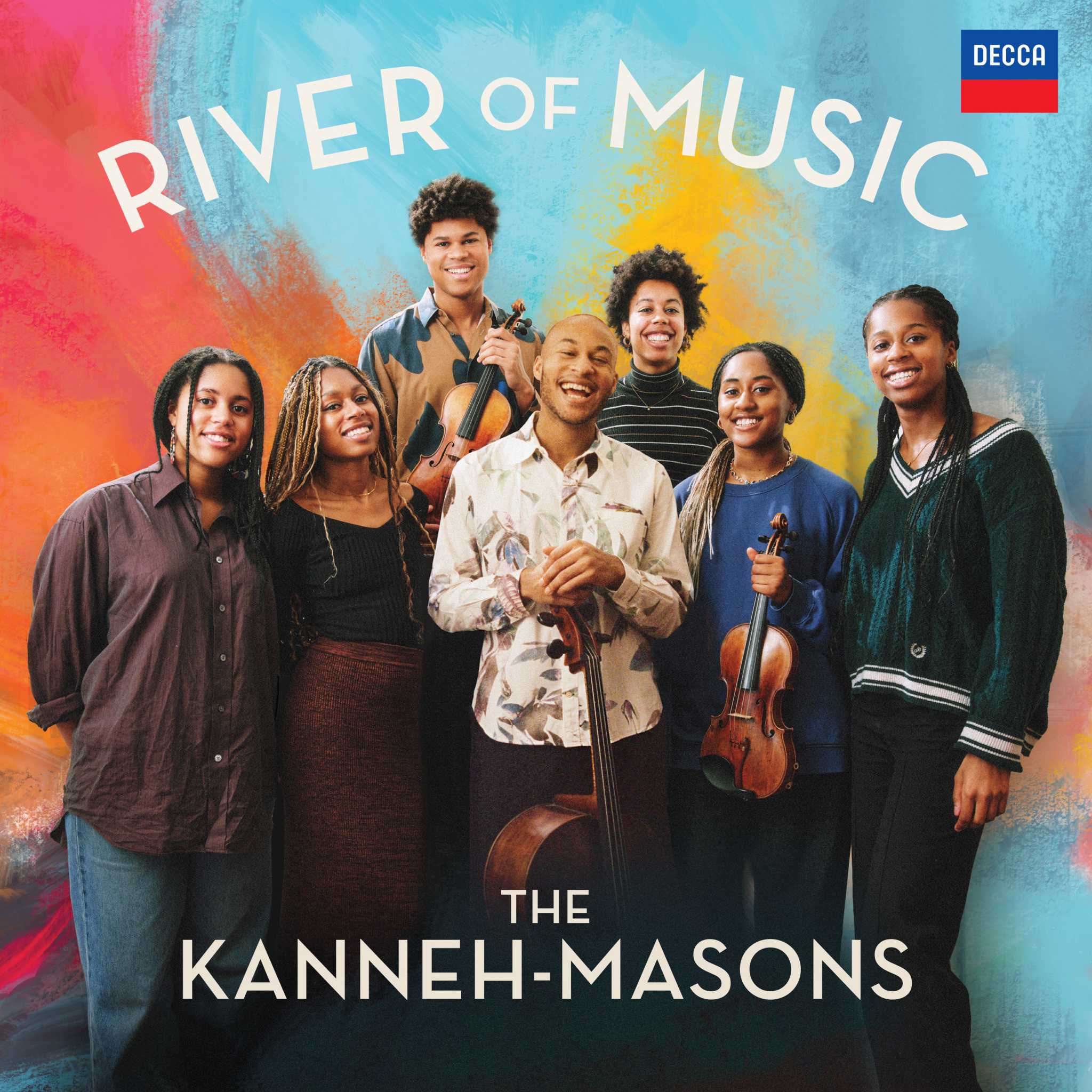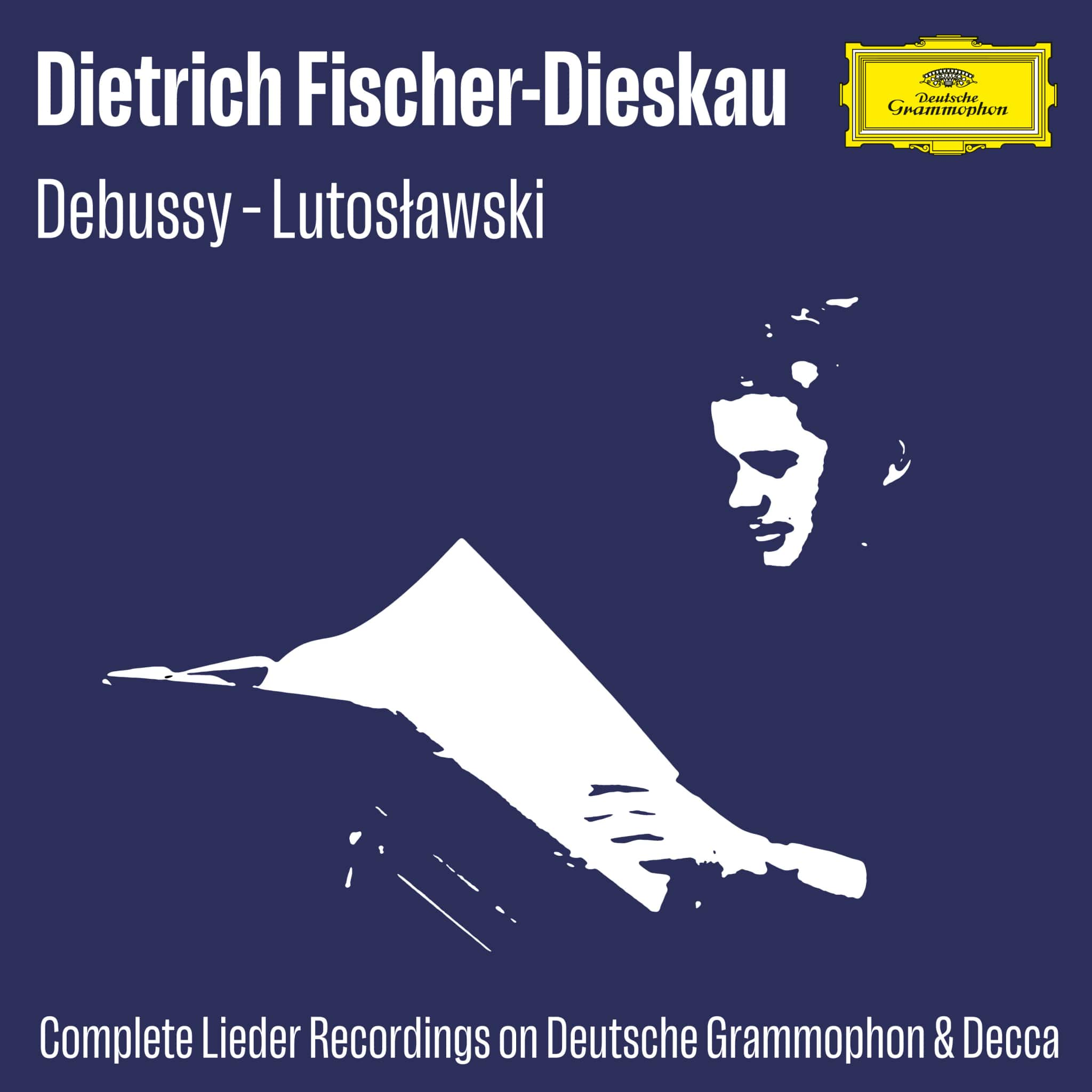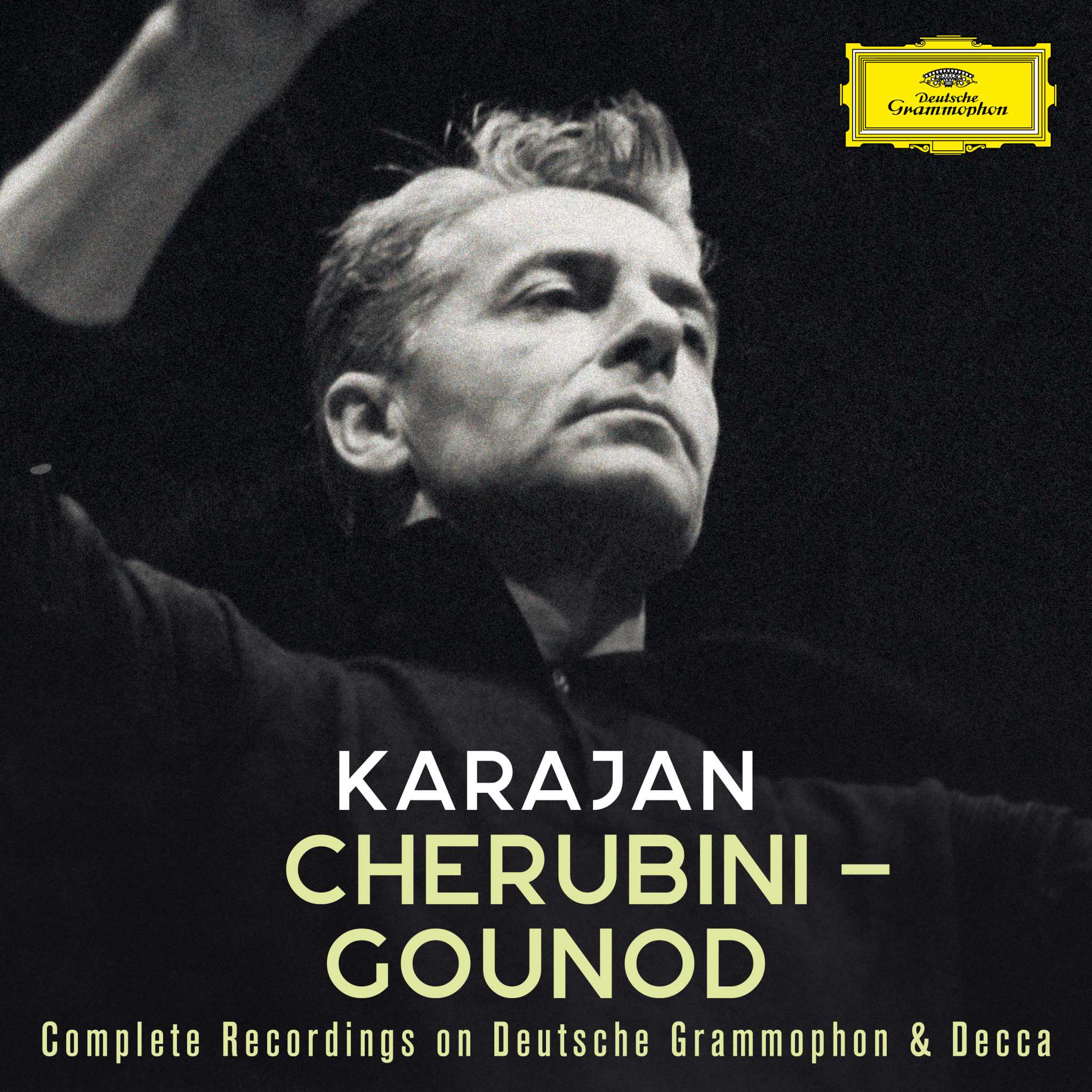Antonín Dvořák
Composer:in 1841 – 1904 Antonín Dvořák is one of the most fascinating composers in the history of music. His works are characterised by an unmistakable combination of Czech folk melodies and Western-influenced classical forms. Born in 1841 in a small village near Prague, he developed from humble beginnings into an international star of the classical music scene. His music reflects the clash of tradition and innovation. From the rhythmic ‘Slavonic Dances’ to the grandiose ‘Symphony No. 9 - From the New World’, Dvořák created a unique world of sound that continues to touch and inspire people to this day.


